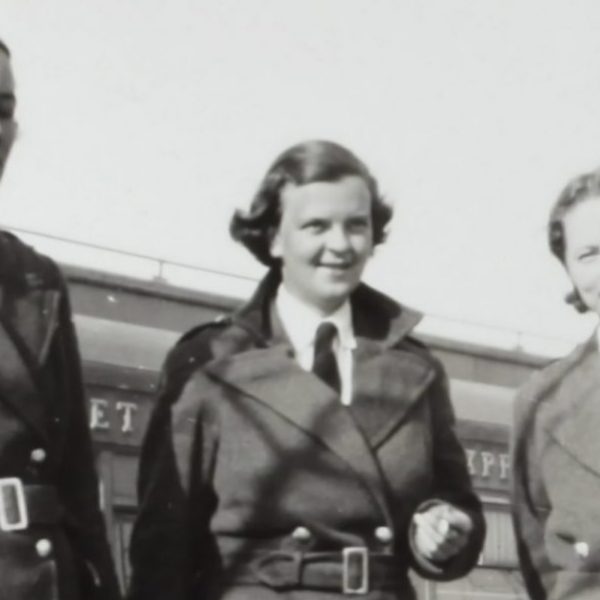Escaping the War in Cyclops
Draft-dodgers have achieved a strange classification in our collective memory—that is, after constant study, their morality is still undefined. Are they conscientious objectors or cowards? It depends on the war, the country, the government, the era, and most importantly, the perspective. For the first time ever, English-speaking audiences have the opportunity to hear a new perspective from one of these intriguing, anti-heroic men. In his semi-autobiographical Cyclops, Croatian author Ranko Marinković relates the experiences of a young man in Zagreb who starves himself in order to avoid combat in World War II. Known in Croatian as Kiklop, Marinković’s best-known novel was originally published in 1965 and has remained a widely-read classic of Croatian literature. Ellen Elias-Bursać has translated the novel for YUP’s Margellos World Republic of Letters series.
 Marinković was a translator himself, created new versions of Orwell, Swift, Golding, and Lear, whose influences are apparent in his own novel. Critics often note Cyclops’s use of irony as one of the work’s most important aspects, with the satire not far from Jonathan Swift’s writing. The Orwellian, omnipresent institutions scream from the beginning as well. The first word of the book is the acronym “MAAR,” which someone is crying from the rooftops. Vivid, dizzying images from “MAAR Movietone Advertising” impose themselves on reality before we are even able to see Zagreb clearly. The plot also consciously encompasses ideas from Homer, Shakespeare, Joyce, and Dostoyevsky, and yet the story is entirely local and imaginatively detailed. Wartime Zagreb is full of “smoke and antics,” grifters and beggars and conmen, men who dream of Hawaii and Polynesia, and bars where drunkards tell stories of madmen.
Marinković was a translator himself, created new versions of Orwell, Swift, Golding, and Lear, whose influences are apparent in his own novel. Critics often note Cyclops’s use of irony as one of the work’s most important aspects, with the satire not far from Jonathan Swift’s writing. The Orwellian, omnipresent institutions scream from the beginning as well. The first word of the book is the acronym “MAAR,” which someone is crying from the rooftops. Vivid, dizzying images from “MAAR Movietone Advertising” impose themselves on reality before we are even able to see Zagreb clearly. The plot also consciously encompasses ideas from Homer, Shakespeare, Joyce, and Dostoyevsky, and yet the story is entirely local and imaginatively detailed. Wartime Zagreb is full of “smoke and antics,” grifters and beggars and conmen, men who dream of Hawaii and Polynesia, and bars where drunkards tell stories of madmen.
The protagonist, Melkior Tresić, wanders the streets of former Yugoslavia hallucinating from the hunger he has inflicted on his body. While traveling through the city, he is stopped by a man, “frightened and desperate,” who demands his attention. The man shows Melkior his newspaper, whose pages announce a horrific London bombing. The stranger’s insistence on sharing the story becomes clearer once he reveals he has been drafted. Listening, Melkior is “overcome by an odd kind of queasiness at the word mobilization.” Already in the process of immobilizing his body, the young man is desperate himself, hoping to avoid this stranger’s fate. His constant dread and anticipation of terror has a special importance for Cyclops’s new audience, the English-speaking world which has become too familiar with the same dread and anticipation after years of fighting terrorism. Employing the irony and humor needed to deal with the familiar, heavier emotions, Marinković enters our literary realm at a time when he is, perhaps, most welcome.


